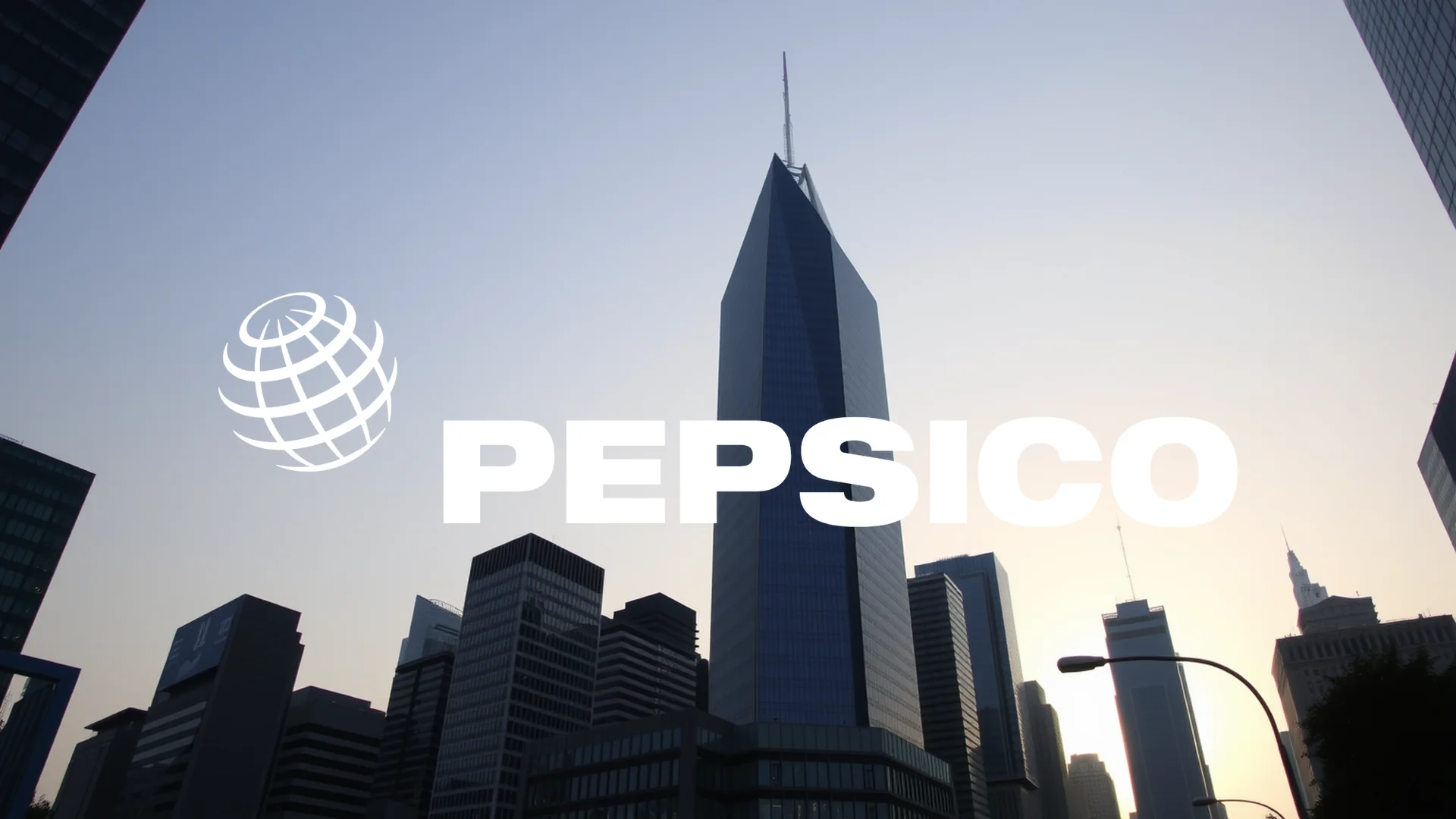PepsiCo has secured substantial new capital through multiple bond offerings totaling $8 billion in 2025. While such significant debt issuance might initially signal financial distress, a deeper examination reveals a calculated corporate strategy aimed at balance sheet optimization rather than emergency fundraising. This financial maneuvering has created a clear divergence in institutional investor sentiment toward the food and beverage conglomerate.
Institutional Investors Show Conflicting Convictions
Market activity reveals a stark division among major investment firms regarding PepsiCo’s outlook. Vantage Wealth demonstrated strong confidence by increasing its stake by 10.9 percent during the second quarter. Conversely, Busey Bank reduced its position by 4.7 percent in the same period, while Swedbank AB executed substantial sales of its holdings.
These opposing investment decisions reflect fundamental disagreements about the company’s valuation and future trajectory. Some institutions appear to be capitalizing on gains or reducing exposure, while others are positioning for an anticipated stock recovery.
Strategic Debt Placement Raises Questions
The company’s financing approach has generated particular interest among analysts. PepsiCo initiated this debt strategy in February with a $3.5 billion senior notes offering. This was followed in July by additional issuances: over one billion euros in European markets plus another $3.5 billion in United States markets.
Should investors sell immediately? Or is it worth buying Pepsi?
The allocation of these proceeds has drawn attention, as funds are designated not for major acquisitions but for “general corporate purposes,” specifically including the repayment of commercial paper. This indicates a focus on financial engineering and balance sheet management rather than expansionary investment.
Activist Influence Adds Pressure
Complicating the investment thesis, activist investor Elliott Investment Management has accumulated a significant position in PepsiCo and is urging the board to implement operational improvements. Their involvement signals that despite recent performance, external pressure exists for enhanced profitability, particularly within the challenging consumer environment.
The company delivered solid second-quarter results, with earnings per share reaching $2.12 on revenue of $22.73 billion, exceeding analyst expectations. Management has reaffirmed its 2025 guidance, projecting low single-digit organic revenue growth.
The central question facing investors is whether PepsiCo’s financial strategy represents sophisticated corporate restructuring or masks deeper structural challenges that have yet to be fully acknowledged by the market.
Ad
Pepsi Stock: Buy or Sell?! New Pepsi Analysis from February 7 delivers the answer:
The latest Pepsi figures speak for themselves: Urgent action needed for Pepsi investors. Is it worth buying or should you sell? Find out what to do now in the current free analysis from February 7.
Pepsi: Buy or sell? Read more here...










